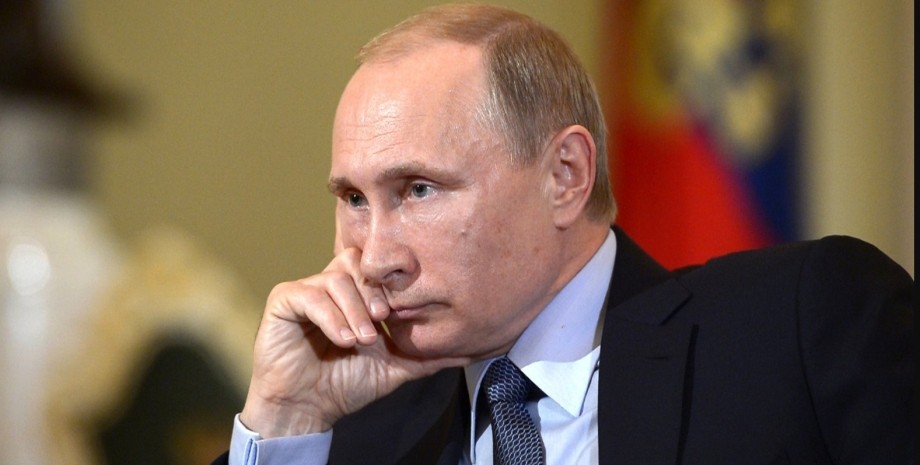
However, changing the regime in Russia through a popular uprising and further democratization of the country is practically impossible, since in the case of Putin's death, continuers of Putin's policies that support the oligarchy will come to power. This conclusion was reached by The Washington Post. Analysts note that Putin's legitimacy is based on myth of comprehensive competence.
The media -controlled media are trying to convey to the masses that it skillfully manages the Russian state, protecting it from an "aggressive event". Public opinion survey seems to confirm this performance because they show that no other politician in the Russian Federation is approaching 83% of Putin's approval rating. But autocratic modes have disadvantages. Political scientists write that by recent times, Putin has successfully coped with any challenges of his leadership.
But the Russian political institutions were nurtured so that they are not able to hold back the decisions they made. The main legislative body of the Russian Federation, the State Duma, cannot restrict Putin's actions, which means an institutional infirmation, which, together with corruption and bureaucracy, has a negative impact on the power of the state, including in the military context.
Putin's Russia, after expensive and large -scale military modernization over the last decade, has impressive technical potential and weapons on paper. However, corruption and poor organization are prevented by the effective use of this potential, which was confirmed by the unsuccessful actions of the Armed Forces of the Russian Federation in Ukraine, which led to great human losses.
It is rumored that President Putin is very ill, and after his death, a person from his immediate surroundings can sit on his presidential chair. For example, the chairman of the Security Council Mykola Patrushev, the chairman of the Russian external intelligence Sergey Narishkin, or the Chairman of the FSB Alexander Bortnikov.
The problem, however, is that none of these people seems to be able to carry Putin's personal authority, so they will have to rely on supporting the more popular figures in the population, as Sergei Sobiangin mayor. In fact, the autocratic regime will remain, but with little changes in Putin's policies, including Ukraine. Analysts believe that there is another variant of events. In Russia, a softer form of autocracy, headed by another group of elites, may occur.
It can consist of dissatisfied oligarchs, perhaps more interested in the termination of hostilities by resolving, to obtain access to the property and assets they have gained over the past two decades and are now under sanctions. However, there is no particular reason to believe that such a group of people will tend to abandon the privileges they used in Putin's autocracy, in favor of a fair liberal democracy.
Political scientists believe the best option for such a scenario, will be a less despotic form of autocracy and perhaps more of resolving the Ukrainian conflict. Earlier it was reported that in St. Petersburg activists of the "feminist anti-war resistance" were visited by the Serafimiv Cemetery, where Maria Ivanovna and Vladimir Putini were buried.




















Všetky práva vyhradené IN-Ukraine.info - 2022